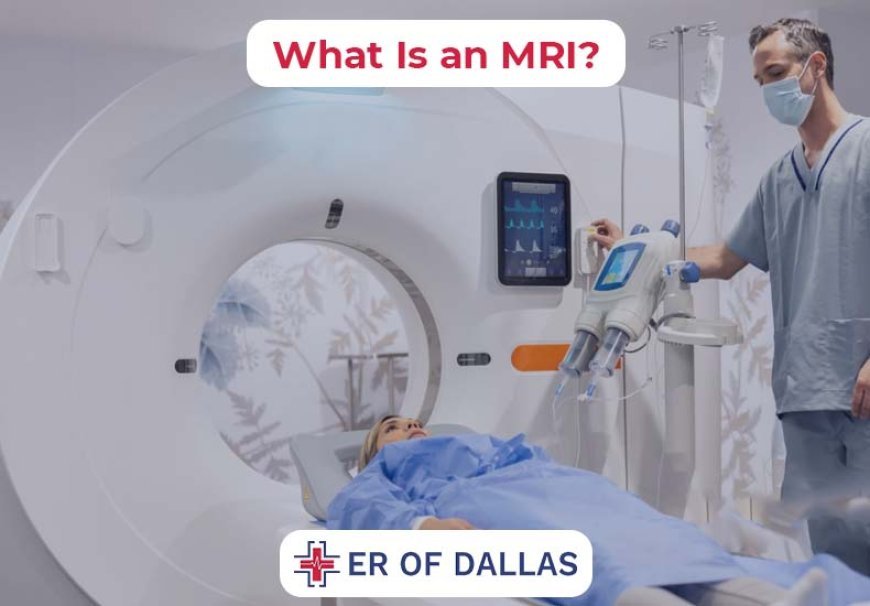7 Shocking Reasons Why You Feel Drained After an MRI With Contrast

Magnetic Resonance Imaging (MRI) with contrast is a powerful diagnostic tool that helps healthcare professionals obtain clearer, more detailed images of internal structures. While this procedure is generally safe, many people report feeling unusually tired afterward. Why do I feel drained after an MRI with contrast is a common concern, and understanding the potential causes can help alleviate your worries.
Introduction
Feeling drained after an MRI with contrast might surprise you, especially since the procedure itself is non-invasive. However, several factors, from the contrast agent to emotional stress, can contribute to post-MRI fatigue. In this article, we’ll explore the possible reasons behind this sensation and provide tips to help you recover effectively.
1. Effects of the Contrast Agent (Gadolinium-Based)
One of the primary differences between MRIs with and without contrast is the injection of a gadolinium-based contrast agent. This agent enhances image clarity but can also cause temporary side effects, such as:
-
Mild Allergic Reactions: Fatigue, headaches, or dizziness
-
Kidney Strain: Particularly in individuals with pre-existing kidney conditions
-
Detoxification Process: The body works to eliminate the contrast, which can be taxing
How to Manage:
-
Drink plenty of water to help flush out the contrast agent
-
Rest as needed, especially if you experience fatigue or headaches
-
Consult your doctor if symptoms persist or worsen
2. Dehydration from the Contrast Agent
The contrast material can have a dehydrating effect on the body, particularly if you're instructed to fast before the procedure. Dehydration can lead to:
-
Fatigue
-
Headaches
-
Dizziness
Tips for Rehydration:
-
Increase your water intake before and after the MRI
-
Consume electrolyte-rich beverages if advised by your healthcare provider
-
Avoid caffeine and alcohol, which can exacerbate dehydration
3. Immune System Response
The introduction of a foreign substance like gadolinium can trigger a mild immune response, even in healthy individuals. This response can cause:
-
General fatigue
-
Muscle aches
-
Mild flu-like symptoms
Coping Strategies:
-
Rest adequately post-procedure
-
Maintain a healthy diet to support your immune system
-
Monitor symptoms and seek medical advice if they persist
4. Stress and Anxiety Related to the Procedure
Undergoing an MRI can be stressful, especially if you're anxious about the results. Stress-related fatigue can be caused by:
-
Mental Exhaustion: Worrying about the procedure and potential diagnoses
-
Adrenaline Crash: The body’s response to anxiety
Relaxation Techniques:
-
Practice deep breathing or meditation before and after the MRI
-
Listen to calming music during the procedure if permitted
-
Discuss any concerns with your healthcare provider beforehand
5. Prolonged Immobility During the Scan
Staying still for an extended period can lead to:
-
Muscle stiffness
-
Poor circulation
-
General discomfort, contributing to fatigue
Physical Relief Tips:
-
Stretch gently after the scan
-
Take a short walk to boost circulation
-
Apply a warm compress to stiff muscles if needed
6. Sleep Disruption Before the MRI
Anticipation of the MRI can disrupt sleep, leading to:
-
Sleep deprivation
-
Increased sensitivity to stress
-
Post-procedure exhaustion
Better Sleep Practices:
-
Establish a calming bedtime routine before your appointment
-
Avoid stimulants like caffeine the night before
-
Practice relaxation exercises to ease pre-procedure anxiety
7. Underlying Health Conditions
Fatigue after an MRI with contrast can sometimes be related to underlying health issues, such as:
-
Kidney problems affecting contrast elimination
-
Thyroid imbalances
-
Chronic conditions like anemia or autoimmune disorders
When to Seek Medical Advice:
-
If fatigue is severe or lasts more than a couple of days
-
If accompanied by symptoms like chest pain, shortness of breath, or severe dizziness
-
If you have a history of kidney issues or allergic reactions to contrast agents
FAQs About Feeling Drained After an MRI With Contrast
1. Is it normal to feel tired after an MRI with contrast?
Yes, it's common due to factors like dehydration, stress, and the body’s response to the contrast agent.
2. How long does fatigue last after an MRI with contrast?
Fatigue usually resolves within 24-48 hours. If it persists longer, consult your healthcare provider.
3. Can the contrast dye cause long-term fatigue?
Long-term fatigue is rare. If you experience prolonged symptoms, seek medical advice to rule out other conditions.
4. What should I do if I feel extremely tired after an MRI with contrast?
Rest, stay hydrated, and monitor your symptoms. Seek immediate medical attention if you experience severe reactions.
5. Are there any risks associated with MRI contrast agents?
While generally safe, contrast agents can cause mild side effects in some individuals and more severe reactions in rare cases.
For more blogs visit https://ai.ceo/read-blog/273816
What's Your Reaction?




























































